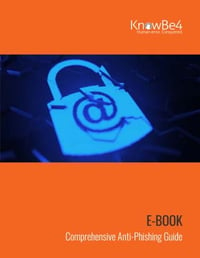 A new survey of individuals across seven countries shows that users may have had luck on their side, as a majority aren’t sure about their device security or how to spot malicious sites online.
A new survey of individuals across seven countries shows that users may have had luck on their side, as a majority aren’t sure about their device security or how to spot malicious sites online.
Life is full of experiences. And with each experience, the expectation is we each grow a little more knowledgeable and wiser. According to the new Living Secure report from internet security vendor F-Secure, this very well may be the case with cyber attacks. According to the report, 70% of individuals believe they can spot a scam or a digital threat easily.
But despite this pretty positive sentiment that “most of us” are ready to spot and stop a cyber attack, the rest of the data in the F-Secure report doesn’t entirely line up. According to the report:
- 27% believe they’ve fallen for an online scam (and keep in mind, it’s really unlikely that this group is perfectly aligned to not be a part of that 70% of vigilant users)
- 60% say they don’t know how to tell whether an online store is legitimate or not
- 51% aren’t sure if their device is secure or not
- 69% feel they don’t know how to tell whether to trust someone online or not
The good news is that individuals are at least cognizant of the fact that every time they go online or open their email client, they may be at risk of a cyber attack. The bad news is that there’s a genuine sense of “I know what an attack looks like!” – and yet, a material percentage of people became the victim of an online scam.
With so many employees working remotely and using personal (and often shared) devices from home, it’s imperative that your users are very much prepared to play their role in your organization’s cybersecurity stance through continual Security Awareness Training designed to educate them on the role they play, how to practice good cyber hygiene, how to identify phishing and social engineering attacks, and more.






